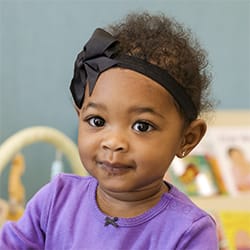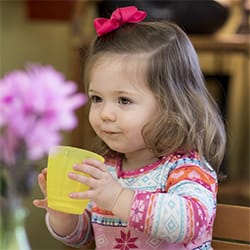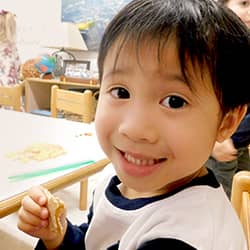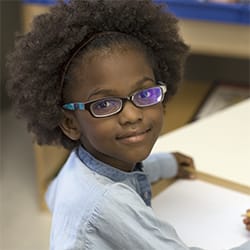Teacher Feature
With an incredible 22 years of knowledge, Ms. Shaila is a Master Montessori Guide. She specializes in patience, kindness, and thoughtfulness within our community at the Naperville Montessori School in Illinois. Ms. Shaila is innovative, inclusive, and a great team leader who takes new assistants and newly trained guides under her wing offering them insight on their journeys as Montessori professionals. Ms. Shaila’s students are offered freedom of choice, movement, and independence daily as they navigate the self-directed learning opportunities in her carefully prepared environment. She is a wonderful, caring person loved by both current and former students and families alike. Ms. Shaila perfectly embodies the spirit of Dr. Montessori’s philosophy.





